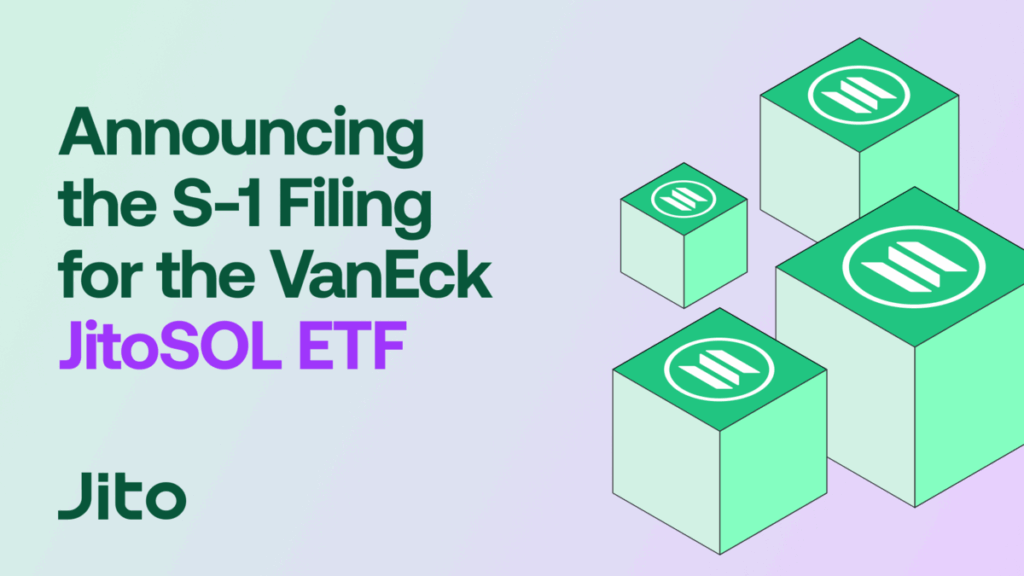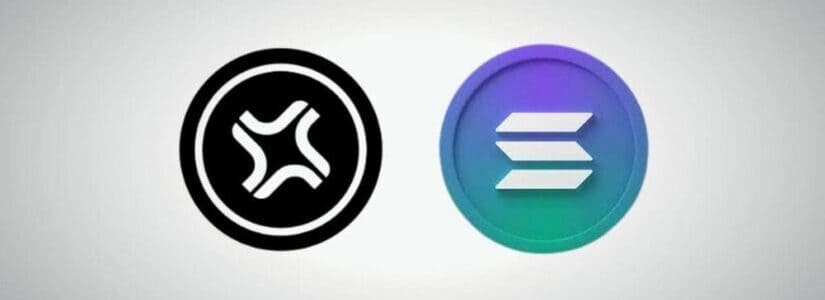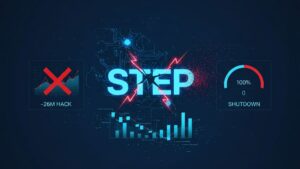TL;DR
- VanEck filed the S-1 for the JitoSOL ETF to track the JitoSOL token, which represents staked SOL and maintains liquidity while distributing rewards.
- The regulatory process included meetings with the SEC starting in February 2025.
- The ETF will allow daily creations and redemptions, simplify LST accounting, and has the support of Multicoin and the Solana Foundation.
VanEck filed the S-1 for the VanEck JitoSOL ETF, a fund that will track the price of JitoSOL, the liquid staking token associated with the Solana network.
JitoSOL represents staked SOL and allows holders to maintain liquidity over these assets while continuing to earn on-chain rewards. The fund’s goal is to provide access to SOL yields without requiring the sale of the underlying assets.
VanEck Achieves Flexibility in SEC Treatment
The regulatory process involved extensive dialogue with the Securities and Exchange Commission. In February 2025, representatives from Jito and VanEck met with SEC staff to evaluate frameworks that would allow the inclusion of LSTs in ETFs. In March, a report analyzing the nature of JitoSOL concluded that it functions as decentralized staking infrastructure, not a security.
In May and August, the SEC issued statements clarifying when protocol staking and certain liquid staking practices do not constitute securities transactions, which facilitated discussions around exchange-traded products based on LSTs.
Advantages of LSTs in ETFs
The ETF is designed to eliminate the typical unbonding periods of staking. With this structure, the fund will be able to create and redeem shares daily while the assets continue generating rewards, improving liquidity management for investors.
The LST mechanism also simplifies accounting and tax treatment typical of an ETF, reducing operational complexities usually associated with staking products. In some scenarios, staking yields could offset or exceed the fund’s expenses.
The project has the support of Multicoin Capital, the Solana Foundation, and VanEck, all of which helped build the necessary infrastructure and prepare the product for launch. By decentralizing stake across validators, JitoSOL contributes to network security and allows retail investors to participate indirectly in the blockchain’s operation.
With the S-1 filing, the ETF begins the review process with regulators ahead of a potential listing in the United States. The responsible teams continue to communicate with the SEC, custodians, and exchanges to ensure transparency and compliance













